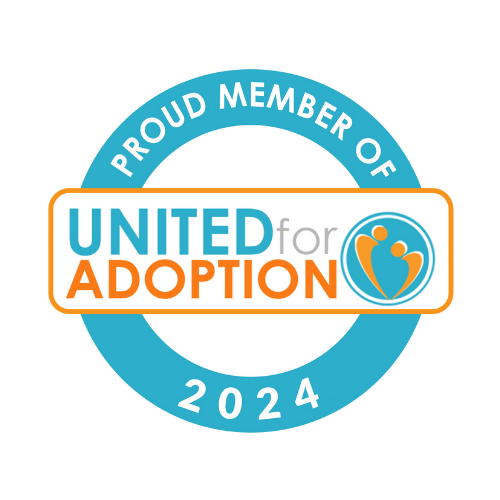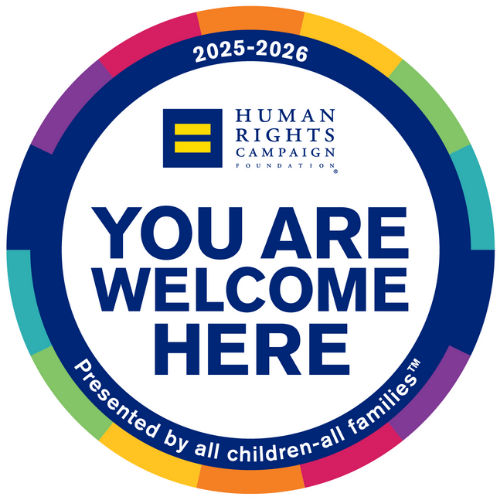In the complex world of foster care, where diverse backgrounds and beliefs intersect, foster parents often find themselves facing a unique challenge: navigating their religious beliefs while providing love and support to LGBTQ+ youth in care. It’s a delicate balancing act that requires empathy, understanding, and a commitment to creating a safe and inclusive environment for all youth. In this blog post, we’ll explore strategies for finding pride in parenting, finding harmony in diversity, and caring for LGBTQ+ kids in foster care, along with valuable resources to support foster parents on this journey.

Understanding the Intersection
Religious beliefs are deeply personal and often play a significant role in shaping individuals’ values and perspectives. For many foster parents, their faith is a guiding force in their lives, providing a framework for moral decision-making and a sense of community. However, when these beliefs come into conflict with the LGBTQ+ identities of the youth in their care, foster parents may experience internal turmoil and uncertainty. On this journey, it’s important to draw on the commonly held values of love, compassion, and acceptance central to many religious traditions.
Empathy and Open Communication
The first step in navigating this complex terrain is approaching the conversation with empathy and open-mindedness. Foster parents must create a safe space for dialogue where they can openly discuss their beliefs, concerns, and questions. It’s also essential to listen actively to the perspectives of LGBTQ+ youth and other caregivers, acknowledging the validity of their experiences and feelings.
Education and Awareness
Education is a powerful tool for fostering understanding and empathy. Foster parents can benefit from learning more about LGBTQ+ issues, including terminology, common challenges faced by LGBTQ+ youth, and strategies for creating affirming environments.
Additional Resources
Fortunately, there are many resources available to support foster parents in this journey:
- Utah Foster Care: has many resources available to educate and support foster parents. See the LGBTQ section under Foster Parent Resources. In addition, we offer a statewide support group for Families of LGBTQ Youth (FLY).
- Human Rights Campaign (HRC): The HRC offers a variety of resources for supporting LGBTQ+ youth in foster care, including guides for foster parents, educational materials, and webinars.
- The Trevor Project: As the leading national organization providing crisis intervention and suicide prevention services to LGBTQ+ youth, The Trevor Project offers resources and training on supporting LGBTQ+ youth in foster care. Their website includes guides for caregivers and educational materials on LGBTQ+ issues.
- FosterClub: FosterClub is a national network for young people in foster care, offering resources, support, and advocacy opportunities. Their website features articles, videos, and forums where foster parents can learn from the experiences of others and connect with supportive communities.
- Family Acceptance Project: For the past 20 years, the Family Acceptance Project® has focused on reducing risk and promoting well-being among LGBTQ children and youth by increasing family support. FAP is a research, education and intervention initiative, affiliated with San Francisco State University, developed the first evidence-based family support model to help ethnically, racially and religiously diverse families to support their LGBTQ children.
- PFLAG: PFLAG provides peer-to-peer support through in-person and virtual meetings, online outreach, and various additional resources and programs.
Building Support Networks
Foster parents don’t have to navigate this journey alone. Building a support network of other foster parents, LGBTQ+ organizations, religious leaders, and mental health professionals can provide valuable guidance and encouragement. Foster parents can connect with support groups, online forums, and community organizations to share experiences, ask questions, and seek advice.

Conclusion
Navigating religious beliefs and caring for LGBTQ+ kids in foster care is a journey filled with challenges, but also opportunities for growth, understanding, and compassion. By approaching the conversation with empathy, seeking education and awareness, and building support networks, foster parents can create a nurturing environment where all youth feel valued, respected, and loved.
Remember, every child deserves to be supported and accepted for who they are, regardless of their sexual orientation or gender identity. Together, we can work towards creating a foster care system that embraces diversity and celebrates the unique identities of every youth in care.






